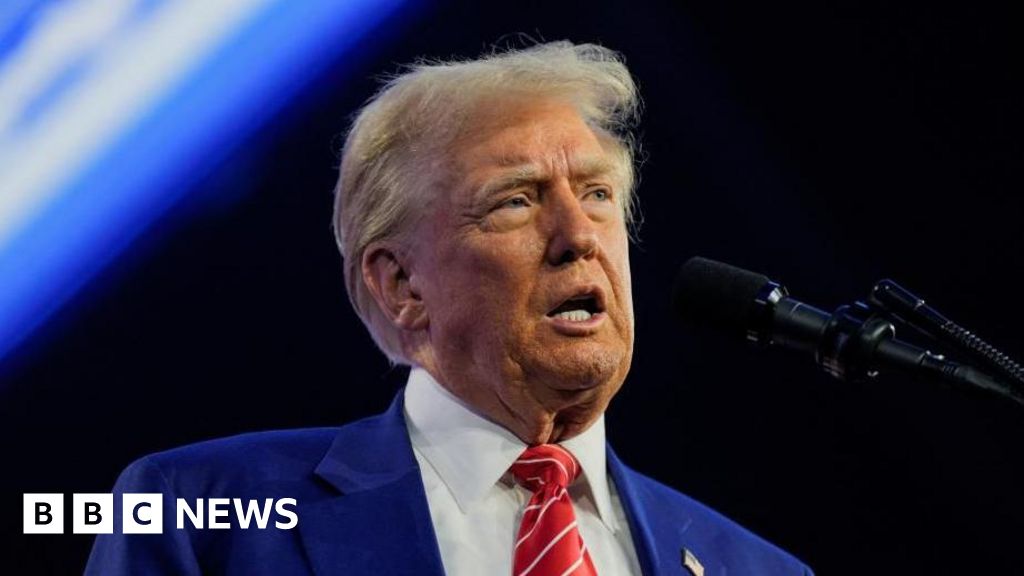Borj el-Barajneh – In front of the entrance to Burj el-Barajneh camp, the largest Palestinian refugee camp in the Lebanese capital, Beirut, hundreds of demonstrators gathered to express their solidarity with the people of Lebanon. Gaza strip For 26 days, they have been facing a war of annihilation launched by Israeli occupation aircraft and artillery.
In the narrow alleys of the camp, which houses more than 25,000 Palestinian refugees, and on its dilapidated buildings, Palestinian flags and electrical panels are spread out showing the people’s support for the Palestinian resistance, and their pride in the “Al-Aqsa Flood” operation.
One of the messages written on one of the walls reads, “The battle of the entire nation, Al-Aqsa flood“, referring to the attack she launched Izz al-Din al-Qassam Brigades The military arm of the Islamic Resistance Movement (agitation) on Israeli occupation settlements and military sites in the Gaza envelope area on October 7.
Since the beginning of the Israeli war on the Gaza Strip, the Palestinian camps in Lebanon have witnessed angry marches, in which participants demand that Israel be punished for its crimes.
In front of Al-Furqan Mosque, the main gathering point, the angry demonstrators raised Palestinian flags and the banners of various Palestinian factions, before setting off on their daily march, and vented their anger at the Arab regimes, which they accused of being silent and negligent in the face of the daily massacres against children and women in Gaza.
In a joint statement before the beginning of the demonstration, the Palestinian factions appealed to the people of the Arab and Islamic nation to stand by the Palestinian people, support them, and move to support the resistance in Gaza.
The factions also denounced the positions of Western countries, most notably the United States of America, which supports and participates in the Israeli occupation in its massacres in the Gaza Strip.
A common struggle
Arkan Badr, a member of the political bureau of the Democratic Front for the Liberation of Palestine, says: We, as Palestinian refugees in Lebanon, consider ourselves part of the battle that our Palestinian people are waging in Gaza, and we are struggling to establish the legitimate rights of our people, most notably the right of return, the right to self-determination, and the right to establish an independent state with Jerusalem as its capital.
He added in an interview with Al Jazeera Net that for 26 days, children and women in Gaza have been subjected to a war of extermination in which the “Israeli enemy” continues to destroy residential neighborhoods on the heads of their residents, with the full support of America, Britain, Germany, France and Italy.
He emphasizes that the Palestinian people will continue to resist the occupation everywhere, and will abort all displacement projects, whether in Gaza, the West Bank, or occupied Jerusalem.
Hopes of return
Many camp residents view the recent war in Gaza as an opportunity to begin the Palestinian liberation war, thus increasing their hopes of returning to their villages from which they were displaced during the Palestinian Nakba in 1948.
The number of Palestinian refugees in Lebanon is estimated at about 200,000, according to United Nations estimates, most of whom are distributed among 12 camps and other residential areas in the country.
Hajja Umm Muhammad, a resident of the camp, says that she hopes that the Battle of Al-Aqsa Flood will open the way for her and her family to return to their home in occupied Safed, northern Palestine.
Umm Muhammad added to Al Jazeera Net, “The resistance has given us, for the first time in many years, hope that returning to Palestine is possible and realistic, and, God willing, we will all celebrate the liberation of Palestine.”
She continued, “Palestine will remain the property of its people in the past, present, and future, and history will not forgive the Arab rulers for their failure to support the Palestinian people in Gaza, and for not taking any practical decision to stop the genocide there.”
She wondered: How is it possible for countries in South America to sever their diplomatic relations with Israel in protest against the ongoing Israeli massacres in Gaza, while the Arab countries normalized with Israel do not take similar steps? As she put it.





